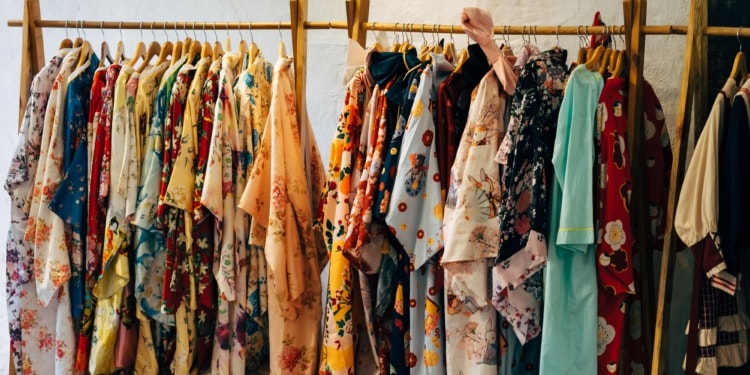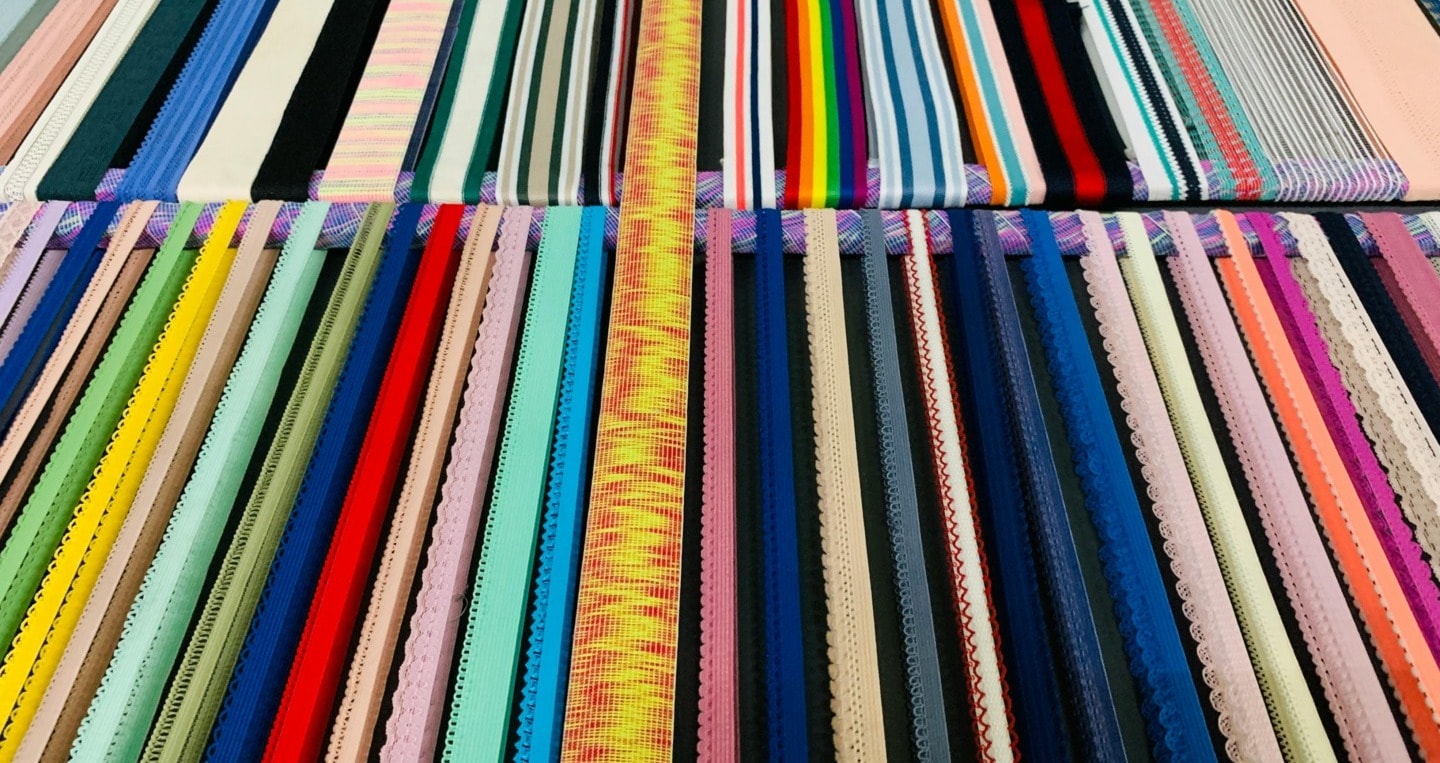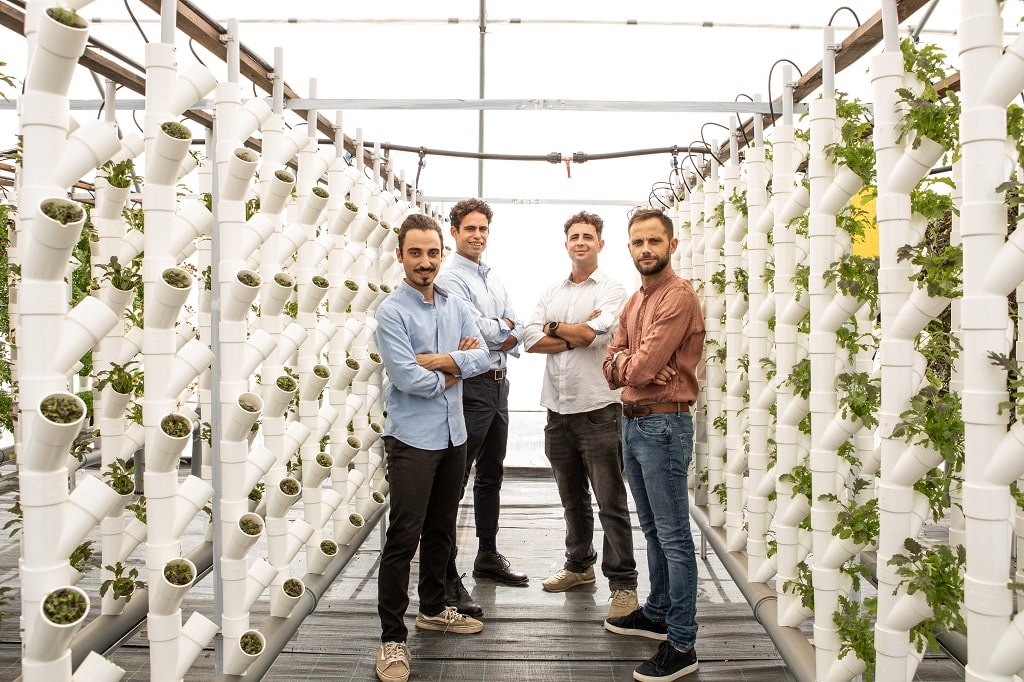In a surprising move, Virgio, a fast fashion start-up co-founded by former Myntra CEO Amar Nagaram, has announced a pivot from its original focus.
Virgio‘s journey began with a promising start less than a year ago, backed by an impressive $37 million investment from leading entities like Prosus, Accel, and Alpha Wave.
The brand was poised to redefine the fast fashion landscape. However, a recent LinkedIn post by Amar Nagaram, co-founder of Virgio, hinted at a significant change in the company’s direction, leaving many curious about its future. He declared in his statement: “We’re definitely not shutting down! We’re evolving into something even more meaningful and powerful.”
🚨 👗 Amar Nagaram is NOT shutting down his company after raising $37 mn.
He is however refining his idea. And infact re-launching as soon as next week.
What is #VIRGIO upto? The company started as a fast-fashion brand. It is now moving a notch up towards being a more… pic.twitter.com/CBt28ZU7mg
— Aditi Shrivastava (@AditiS90) October 9, 2023
The Fast Fashion Industry: Raising Concerns and Shifting Priorities
Fast fashion brands like Shein, Uniqlo, Boohoo, H&M, Zara, and rising fast fashion companies like Temu have revolutionized consumer behavior with rapid production cycles and aggressive marketing.
The drawbacks of fast fashion have been well-known to all of us for a long time. From environmental impact to labor exploitation, we have had valid concerns about sustainability.
Nagaram’s frank assessment of fast fashion echoes this sentiment: “Fast fashion is no less than any devil. Fast fashion companies use harmful fabrics and exploit labor to cut corners on pricing and quality, resulting in a throwaway culture.”
RELATED ARTICLES: Paris Fashion Week: Can Glamour Meet Sustainability? | Victoria’s Secret’s Comeback: Embracing Diversity and Inclusivity | Fast-Fashion Showdown: H&M vs. Zara |
However, questions arise about the motivations behind the company’s recent sustainability pivot.
Is there a real commitment to circular fashion to reduce fast fashion’s negative impact? Or is it a tactical move motivated by the growing competition from Asian fashion giants?
Virgio Shifts to Sustainability: Genuine Commitment or Strategic Maneuver?
The timing of this transition raises valid questions about market dynamics. With the fast fashion industry’s relentless expansion, is this move an admission of the intense competition Virgio faced from Asian giants?
The high popularity of existing and highly competitive brands like Shein on the market could be challenging for a new fast-fashion start-up like Virgio.
On the other hand, a genuine commitment to sustainability may reflect a pragmatic acknowledgment of the fashion industry’s impact on the environment.
Virgio has shifted its strategy to target a specific market where it can stand out from its Asian competitors. This change in direction reflects the growing importance of sustainability to consumers.
At the moment, all we can do is wait and observe Virgio’s new sustainable initiative. Will it mark a new beginning for them and other companies to move towards a greener future, or is it another example of greenwashing? Only time can tell.
Editor’s Note: The opinions expressed here by the authors are their own, not those of Impakter.com — In the Featured Photo: Clothes on a rack. Featured Photo Credit: Markus Winkler on Unsplash














